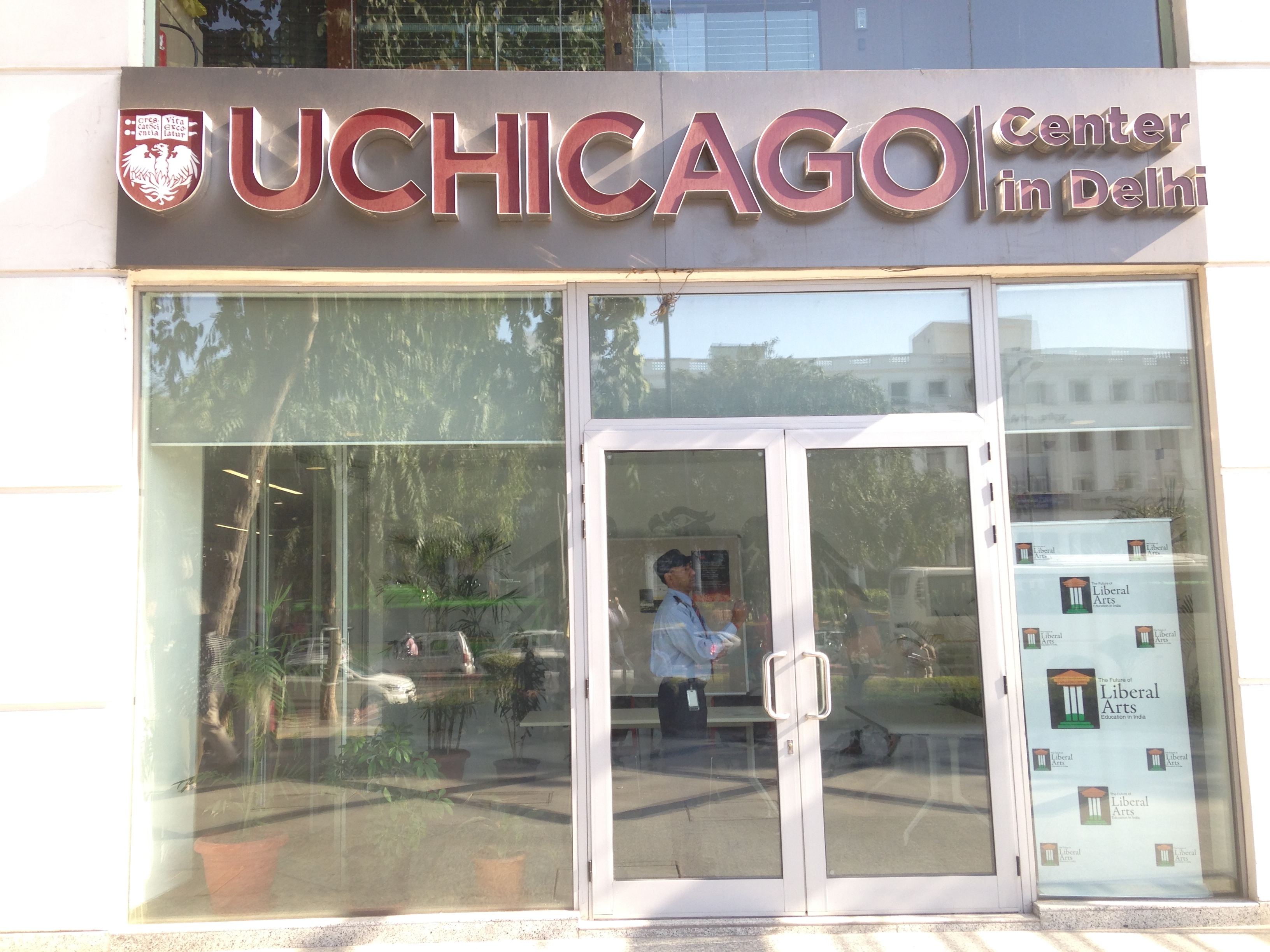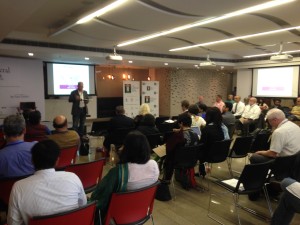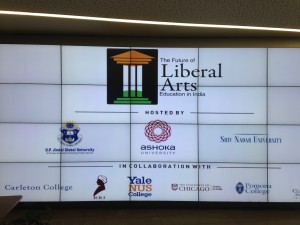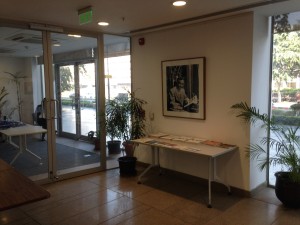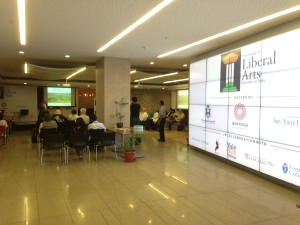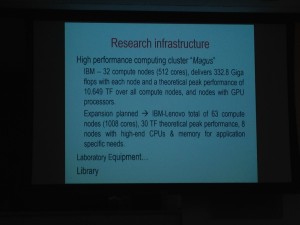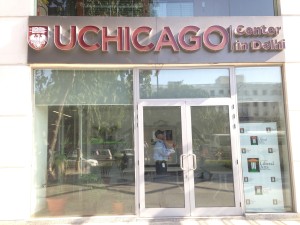Our final day of the conference was perhaps my favorite. We were hosted by the University of Chicago’s New Delhi Center, and as a U of C alum (PhD Astrophysics ’85!) it was great to see the center, which seems just perfect for enabling strong engagement with India, academic collaborations, conferences and any number of functions. I am hoping to come back – perhaps to help with further meetings among the remarkable institutions that helped host our meeting – the Ashoka University, the O.P. Jindal Global University, and the Shiv Nadar University. The third day was sponsored by Shiv Nadar University, and they brought their Director of the School of Natural Sciences, and Dean of Research and Graduate studies, Rupamanjari Ghosh, who gave a fascinating overview of this dynamic institution. We heard from the team at the new Mahindra UWC in Pune, and their very interesting project-based curriculum for high school students, and the urging by Pelham Roberts for colleges to change the way they admit students to enable such innovative programs to provide students to colleges like the ones at our meeting. A meeting in Singapore may ensue among several of the UWC campuses to discuss what essential science, humanities and social science should be part of the new high school curriculum, and I hope to involve many of our Yale-NUS College faculty in this discussion. Lakshmi Saripalli described her journey intellectually and how she began to implement change in her community of Bangalore, and how she became a leading voice within Bangalore for education and social improvement.
Rahul Choudaha provided a great overview of how organizations like AAC&U provide advocacy for liberal arts and our discussion enabled us to realize that perhaps an Asian or Indian version of AAC&U (IAC&U?) could help promote liberal arts within India, and advocate for faculty development, expansion of liberal arts and holistic education within India and throughout Asia. It was resolved that we should try to create an AA&U workshop to discuss this exciting possibility. Other consortial possibilities were discussed by Bertil Lindblad from Pomona College. We also had an amazing discussion about recruiting and developing faculty that included talks by Fred Hagstrom of Carleton College who gave a masterful description of their Perlman Learning and Teaching Center, and we heard from others who are launching amazing new programs within India such as as Usha Rajaram from Azim Premji University and Rishikesh Krishnan from IIM Imdore. In both cases their new programs in liberal arts and integrated liberal arts and management require them to hire large numbers of faculty who then have to form close teams where they develop curriculum, and help build a teaching culture. The commonality of the many colleges within India and outside of India was apparent – similar dynamics within O.P. Jindal, Ashoka, Yale-NUS and these institutions were discussed among the participants. Perhaps the reason why this day was so exciting was the participation element – so many voices were heard as we opened the microphones to them for a wide-ranging discussion about faculty development, assessment, institution building and our next meeting. After today I am very excited to plan a third meeting for the Future of Liberal Arts in India!

